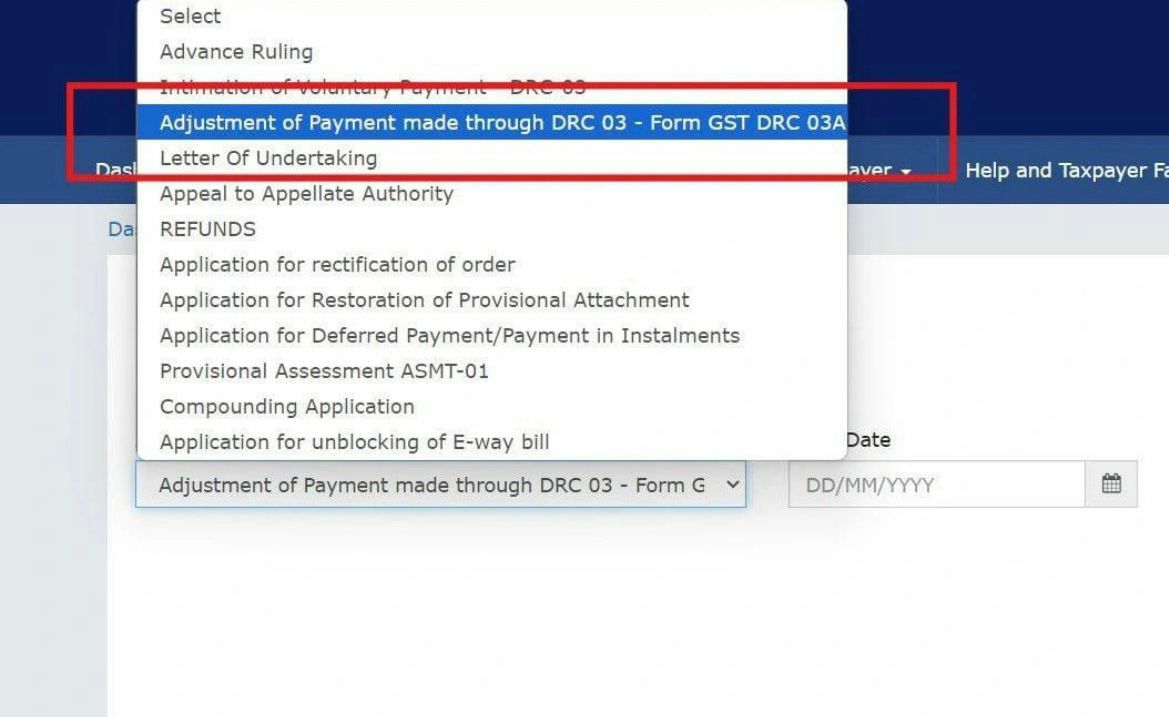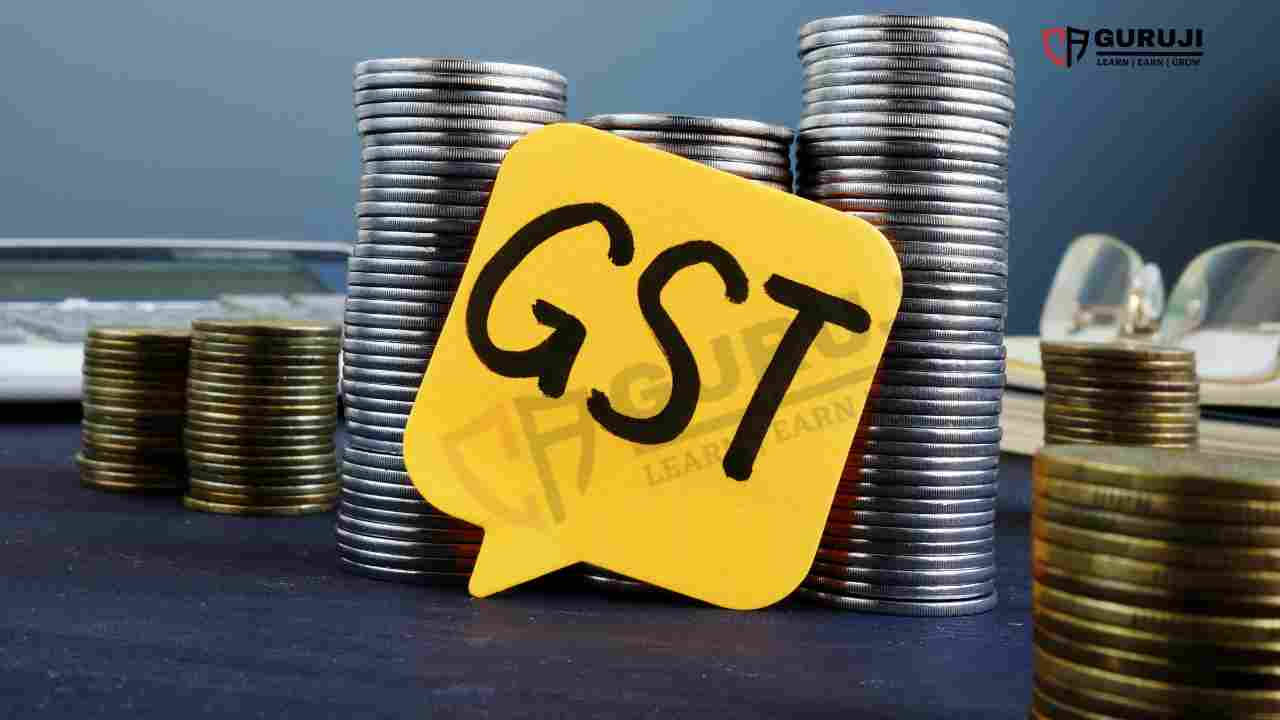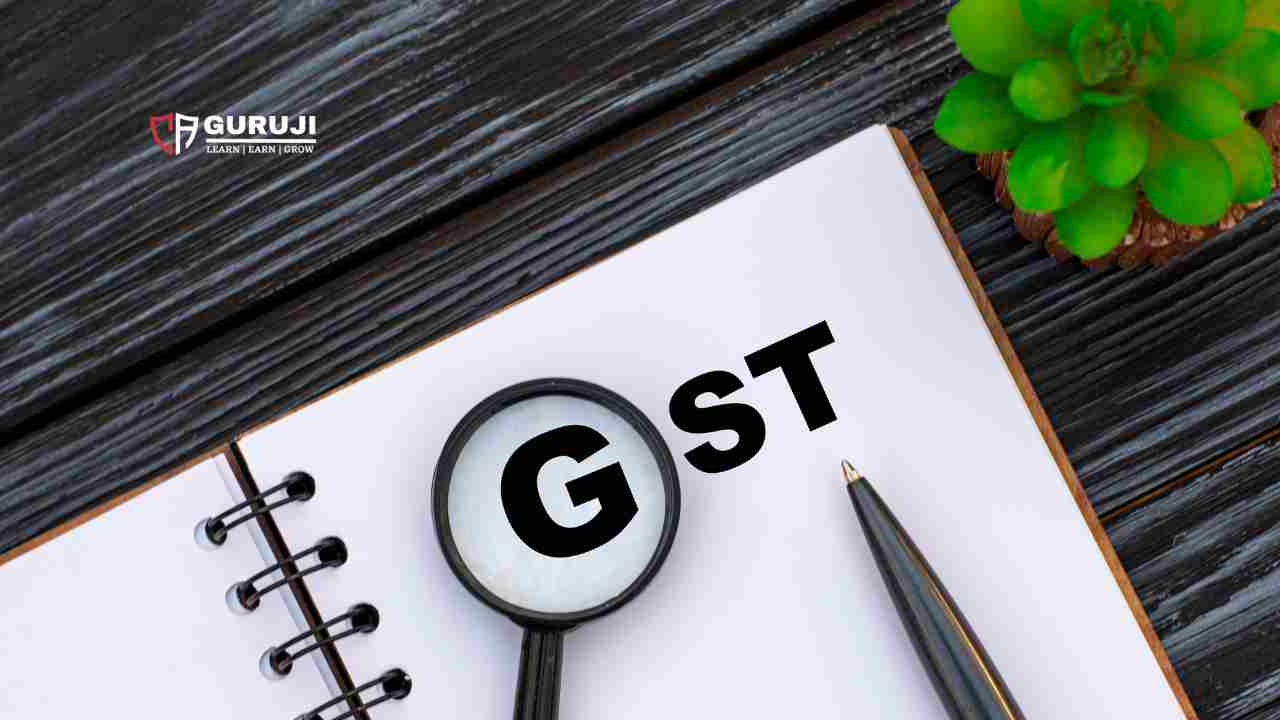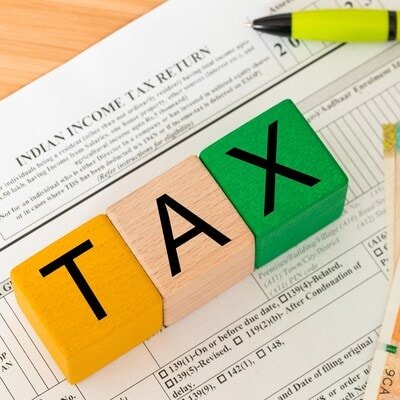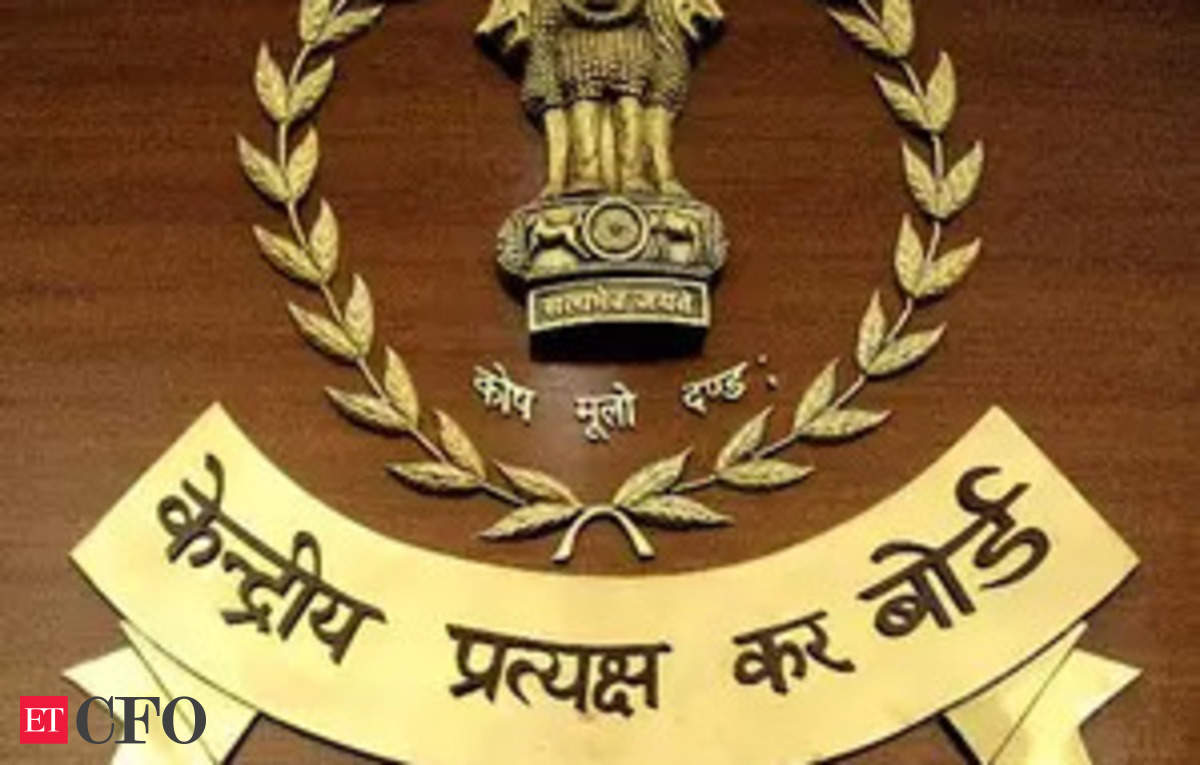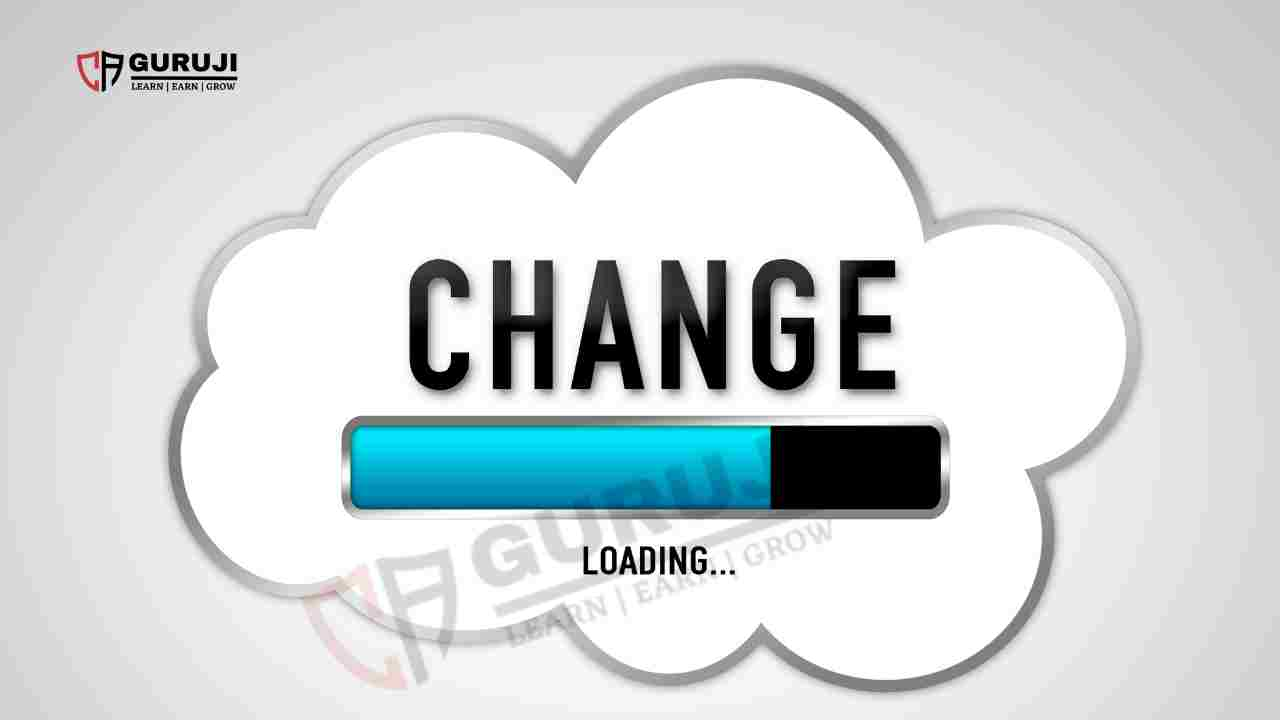The Central Board of Direct Taxes (CBDT) has notified rules for the Direct Tax Vivad Se Vishwas Scheme (VsV) 2024. Launched in 2020 to address tax appeals pending on January 31, 2020, its success led Finance Minister Nirmala Sitharaman to introduce the 2024 version in the Union Budget for disputes that arose after that date.
“The scheme, which will be effective from October 1, 2024, aims to resolve pending income tax disputes under the Finance Act, 2024,”
Details of the scheme
The scheme applies to disputes pending as on July 22, 2024. Taxpayers with pending disputes on tax, interest, penalties, or fees before appellate bodies, high courts, or the Supreme Court can avail of it.
Under this scheme, taxpayers can pay the disputed tax amount and settle the case quickly. “Here, penalties and interest are waived, future prosecution is avoided, and the dispute is settled without setting future precedents,”
What’s not covered?
While VsV Scheme 2024 is largely based on VsV 2020, some cases covered earlier are excluded. “VsV 2020 included search assessments up to Rs 5 crore, but VsV 2024 excludes search cases entirely,”
It also does not cover arbitration, conciliation, or mediation cases, nor cases where an assessment or appellate order has been issued but the appeal deadline hasn’t passed by July 22, 2024. Mutual Agreement Procedure cases are also excluded. Undisclosed foreign income or assets or those involving prosecution are also excluded.
“Although these cases aren’t covered, taxpayers should await further clarifications,”
Get your timing right
Under this scheme, the settlement amount varies based on payment timing. Taxpayers who settle between October 1, 2024, and December 31, 2024, need to pay only the disputed tax, or 25 per cent of the disputed interest, penalty, or fee, while those filing after this date must pay 110 per cent of the disputed tax, or 30 per cent of the interest, penalty, or fee. If the department filed an appeal, the amount would be halved.
What should you do?
Smaller cases should be settled through the scheme. “Cases involving penny stocks, accommodation entry, unsecured loans, and bogus purchases can be settled through the scheme, saving time and money,” Evaluate the strength of your case before opting for this scheme. “If you are on a strong legal ground, then continue with the litigation, especially if the disputed amount is large,”
Do a cost-benefit analysis before opting for the scheme. “Compare the cost of settling through the scheme versus continuing with litigation,”
Savani suggests exploring other options like e-Dispute Resolution Schemes, which offer alternative dispute resolution methods.
Review your eligibility and file your declaration early to benefit from the lower settlement amounts available until December 31, 2024. Missing this deadline could significantly raise costs.
Finally, ensure all your tax documents are properly maintained to make the application and settlement process smoother.
Forms used in this scheme
Form-1: Here, taxpayers provide the necessary information and undertake to settle their disputes
Form-2: This certificate is issued by the Designated Authority (DA) within 15 days of receiving Form-1. It states the amount the taxpayer must pay to settle the dispute
Form-3: Through it, the taxpayer informs the DA about the payment made
Form-4: The DA issues an order once the taxpayer has made the payment. It concludes the settlement, and the case cannot be reopened under any other legal proceedings
Visit www.cagurujiclasses.com for practical courses


